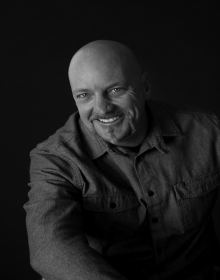Distressed, Depressed? Ask For Help! “One of the biggest defects in life is the inability to ask for help.”
- Robert Kiyosaki
According to Science.org., the human brain has changed very little over the last 35,000 to 100,000 years. Yet, the degree and variation of stimulation and stress it is currently being subjected to has increased exponentially — especially over the last century.
In effect, the human brain is being bombarded by the wholesale results of its own sophistication run amok.
Our brains get overloaded, the veritable bandwidth therein gets saturated, and some people’s minds become sick. The circumstances can be equated to overeating and getting a stomach ache, but the consequences of a “mind ache” are far more devastating.
Crisis Created

Seek Safe Space: Achea Redd warns constant rumination on the same thought can cause you to go into hyper focus, heart racing, and lack of focus.
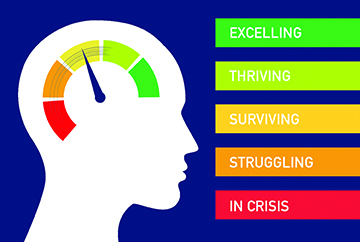
Brain Game: Our brains get overloaded, the veritable bandwidth therein gets saturated, and some people’s minds become sick.
The human race, particularly Western society, is in a mental health crisis. More and more people are finding themselves unable to cope with the pressure, responsibility, confusion, misinformation, and a myriad of other stimuli which are rampant in everyday life.
Yet, the mess can’t be unmade by dumping prescription pills into the void. We have to dig ourselves out of this hole with the same tool that got us here in the first place — our humanity.
People from any walk of life, at any time, can become saddened, distressed, depressed, and yes — suicidal. When the walls close in and you’re all alone, when life doesn’t seem worth living but a tiny part of you wants to turn the ship around and find a way out of the darkness, the best course of action is to ask for help.
How To Begin
Dr. Arin N. Reeves, author of “In Charge,” a guide for women tired of being tired, offers a guide to exhaustion as it relates to mental health. She says the problem is it’s hard to tell when exhaustion is not just exhaustion. While more open about mental health, “we still aren’t forgiving or patient with people who are in that gray zone. People are pressured to be okay instead of being okay with not being okay long enough to figure out the problem.”
The top roadblocks stopping people in crisis are stigma and shame, suggests Dr. Bill Howatt. The three types of shame, the psychological expert says are, “Self, peer, and organizational.” When a person doesn’t feel “good enough” they get caught in shame. Thus, they don’t have empathy for self and others.
Motivated to get away from pain, they focus on symptom relief such as drinking. The CEO of Howatt HR says we need to educate people that mental health is no differ than the flu. “We can have a physical flu, and with support it will pass. An emotional flu can pass as well with rest and support,” he enlightens.
When To Act
Warning signs of a looming mental health crisis are many and vary in individuals. Achea Redd, author of the recently published book titled, “Be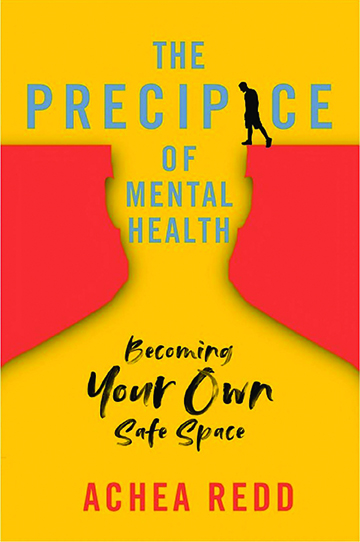 coming Your Own Safe Space,” suggests what to watch for based on personal experience.
coming Your Own Safe Space,” suggests what to watch for based on personal experience.
She says to watch for these indicators: Sudden sleep pattern changes (either too tired or not able to sleep), change in appetite, not enjoying the things you used to, headaches, gastrointestinal issues, or stomach pain.
“Constant rumination on the same thought can cause you to go into hyper focus, heart racing, and lack of focus,” Redd warns.
Where To Turn
Licensed Social Worker Tina Rushing says, “I always say professionals are vital in a crisis. Loved ones can help [and] be there for you but mental health professionals have the proper tools to make the difference.” The PRSL website posts an extensive list of international resources available at any time, anywhere for those in crisis.
For example, the Crisis Text Line can be accessed in the U.S. by simply texting “HOME” to 741741, and the person will be connected (for free) to a mental health support network. “I have personally used it when I was spiraling into a panic attack after a fight with a loved one,” Rushing says. “They helped me navigate my thoughts and emotions and worked with me to sort out why I was spiraling afterwards.”
Resources on the PRSL website also include help lines for veterans (1-800-273-8255 press#1), domestic violence (text START to 88788), rape abuse and incest (1-800-656-4673), eating disorders (1-800-931-2237), suicide prevention (text TALK to 741741); LGBTQ+ (text START to 678678); plus many more options.
What To Say
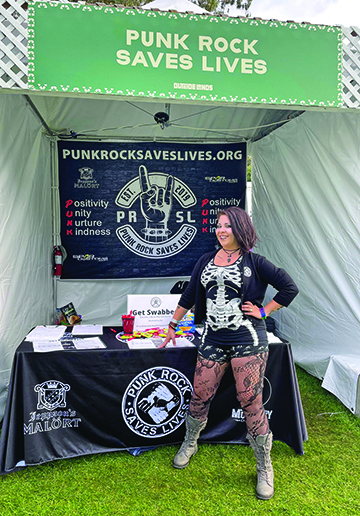
Mental Tune-Up: The music community is noted for taking care of one another. Punk Rock Saves Lives focuses on health and wellness, with emphasis on mental health.
Dr. Howatt offers sound advice for those ready to voice their need for help. Begin with the understanding that a mental health crisis is an intrapersonal impairment of emotions and thoughts that drive behavior. The person does not need to know what is wrong or why they feel the way they do. “All they need to do is say ‘I am struggling w
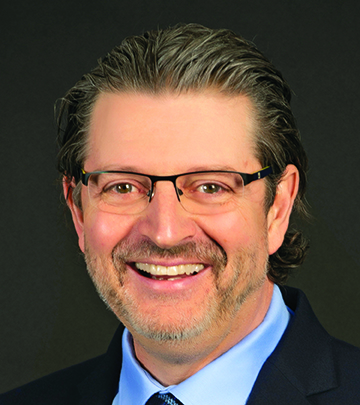
See A Doc: Mental illness is no different than the flu, says Dr. Bill Howatt. Getting help is a good choice, so go see a doctor. Copyrighted Kayla Hannaford
ith my emotions and thoughts, and I am not sure what to do. I need some help [in order] to figure out what I can do.’”
Dr. Arin N. Reeves adds: “It’s helpful to have one person you really trust who you can share your plan with and ask them if they can do some of the communicating for you. If not, and you are trying to explain the crisis, focus on concrete things that can help you describe what you are going through.”
It’s tough for professionals to grasp your feelings in crisis. They need to hear facts they can wrap their arms around. Examples: “I haven’t been able to eat in two days, or I have not been able to sleep for more than two hours at a time, or I cannot make myself get out of the bed.”
Solving The Stigma
Western society’s obsession with perfection and the pursuit of an unattainable status quo, by default, places judgment, shame, and condemnation on those suffering from mental health conditions.
“Mental health has been looked at as a moral weakness for many years. To change the culture requires education and senior leaders to make mental health prevention and mental illness a priority,” explains Dr. Howatt. His point: There is nothing wrong with getting help. It is a good choice and no different than going to the ER, if you have a broken arm.
So, get to a doctor. Assess yourself. Pay attention to how you are feeling and take pain seriously. You are not a hero for hanging on when you should be letting go and getting help.

